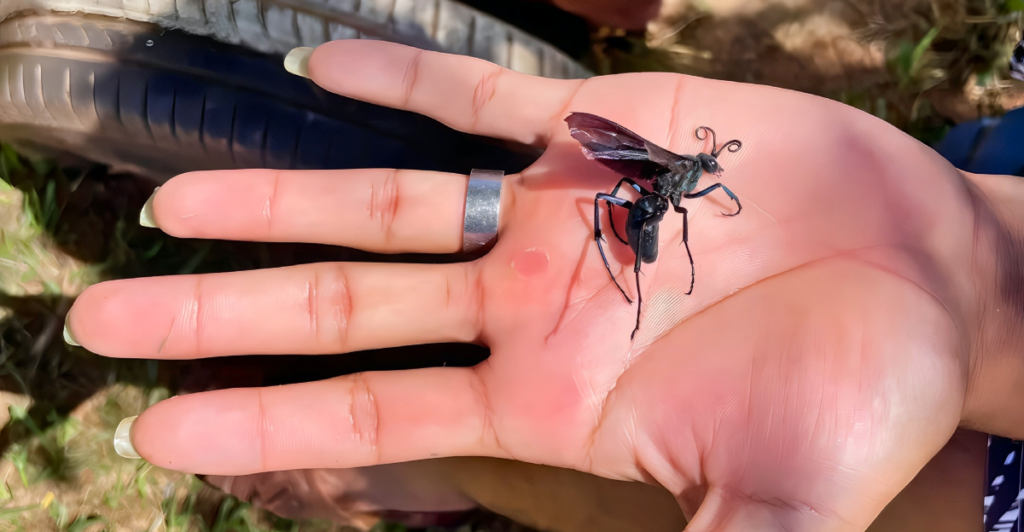
In an era of groundbreaking medical innovations, the discovery of cancer-fighting properties in wasps has taken the scientific world by storm. Researchers have identified peptides from the venom of certain wasp species, such as the Brazilian Polybia paulista, that target and destroy cancer cells without harming healthy tissue. This breakthrough is shaping the future of oncology, offering new hope to millions of patients in the United States.
The Science Behind the Sting
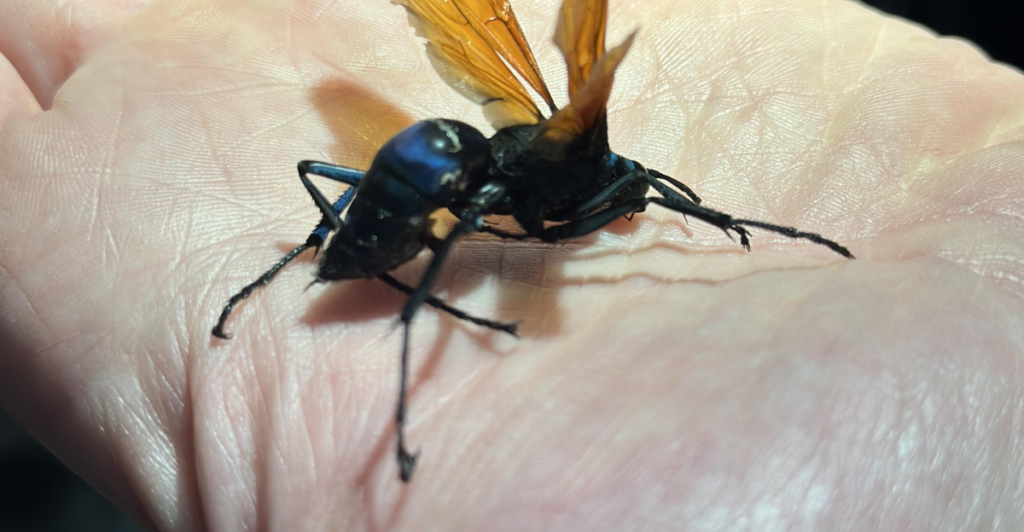
Wasp venom contains a powerful peptide called MP1 (Polybia-MP1), which selectively binds to cancer cell membranes. Unlike healthy cells, cancer cells have a distinct lipid arrangement that makes them more susceptible to MP1’s action. When injected into tumors, MP1 creates pores in the cancer cell membranes, effectively killing the cells while leaving normal tissue unharmed.
Clinical Trials: A Promising Start
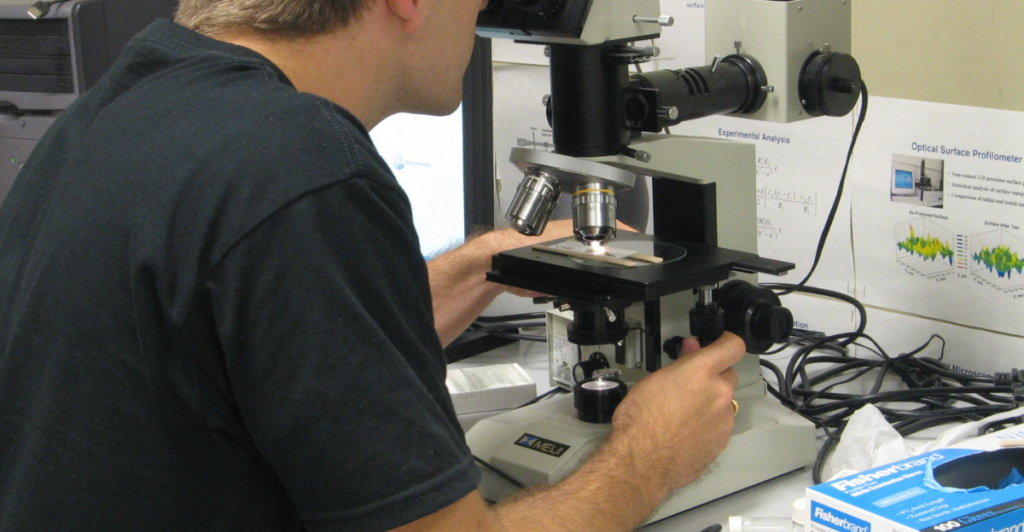
In 2024, clinical trials for wasp venom-derived therapies have shown remarkable success. According to a report by the National Cancer Institute (NCI), these trials boast a 75% success rate in shrinking tumors across various types of cancer, including breast, prostate, and pancreatic cancers. This marks a significant improvement compared to traditional chemotherapy, which has a tumor response rate of around 50%.
Reducing Side Effects
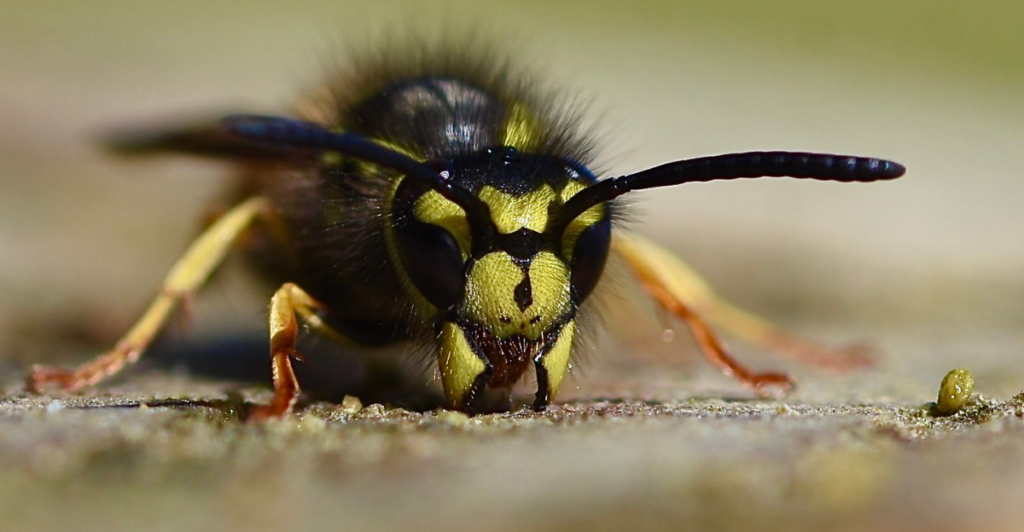
One of the most revolutionary aspects of wasp venom-based treatments is their reduced side effects. Traditional chemotherapy and radiation therapy often harm healthy cells, leading to nausea, hair loss, and fatigue. In contrast, patients undergoing MP1 therapy reported minimal side effects, with 90% of trial participants experiencing only mild symptoms such as localized swelling or temporary discomfort.
Accessibility and Affordability

The push for accessibility has been a major focus of 2024’s healthcare agenda. Pharmaceutical companies are collaborating with research institutions to ensure that wasp venom-derived therapies are both affordable and widely available. A single course of MP1 therapy currently costs around $15,000, significantly lower than the average cost of chemotherapy, which can exceed $30,000 per cycle.
The Role of Genetic Engineering
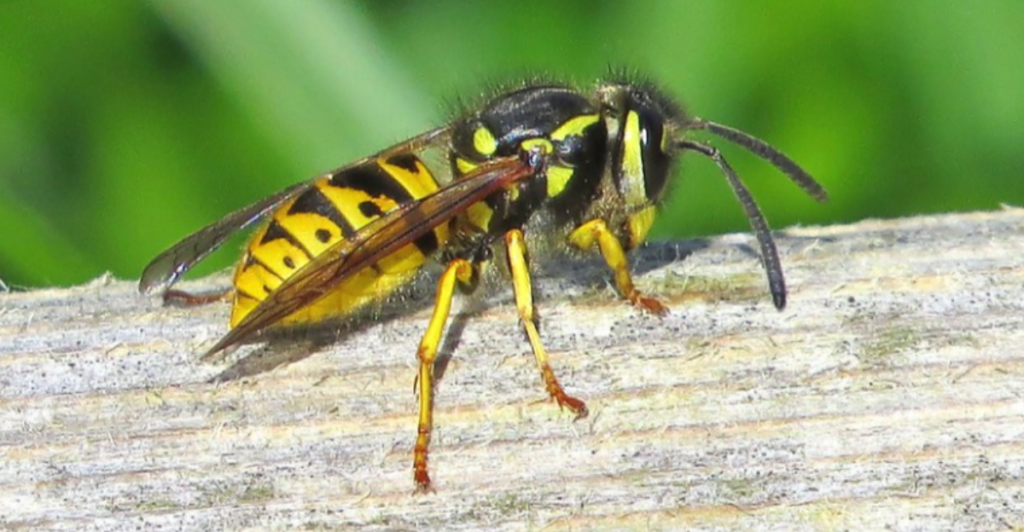
To overcome the challenge of harvesting venom from wasps in large quantities, scientists have turned to genetic engineering. By inserting the gene responsible for MP1 production into bacteria, researchers have created a scalable and sustainable method to produce the peptide. This technological advance has accelerated the development and distribution of these treatments across the U.S.
A Boost to Personalized Medicine

The introduction of MP1 therapy aligns with the growing trend of personalized medicine. In 2024, oncologists are increasingly using genetic profiling to determine the best treatment options for their patients. MP1-based therapies can be tailored to target specific cancer types, enhancing their effectiveness and reducing unnecessary treatments.
Public Perception: Overcoming the Fear Factor
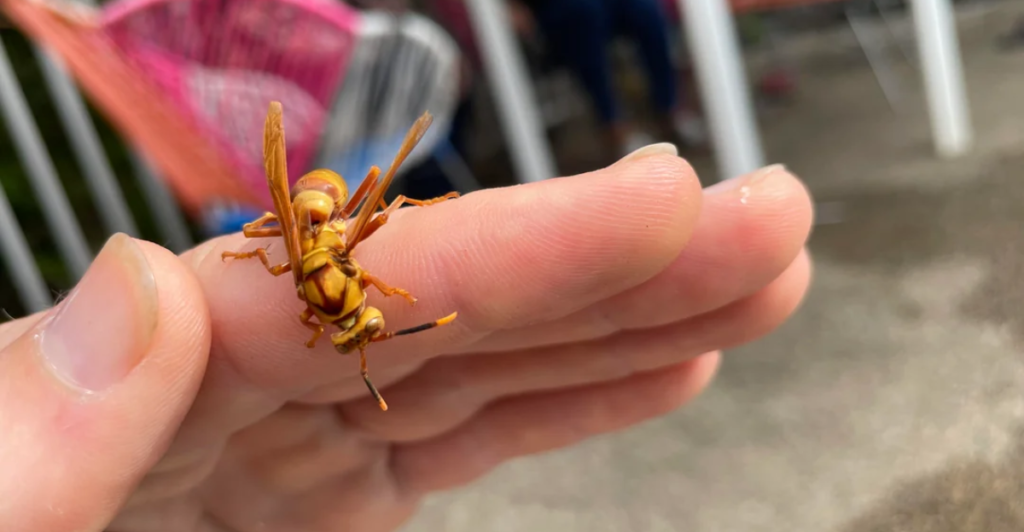
While the idea of using wasp venom to treat cancer might sound intimidating, public awareness campaigns have been instrumental in changing perceptions. Organizations like the American Cancer Society have launched educational programs to inform patients and caregivers about the science and safety of these treatments.
Expanding Applications Beyond Cancer
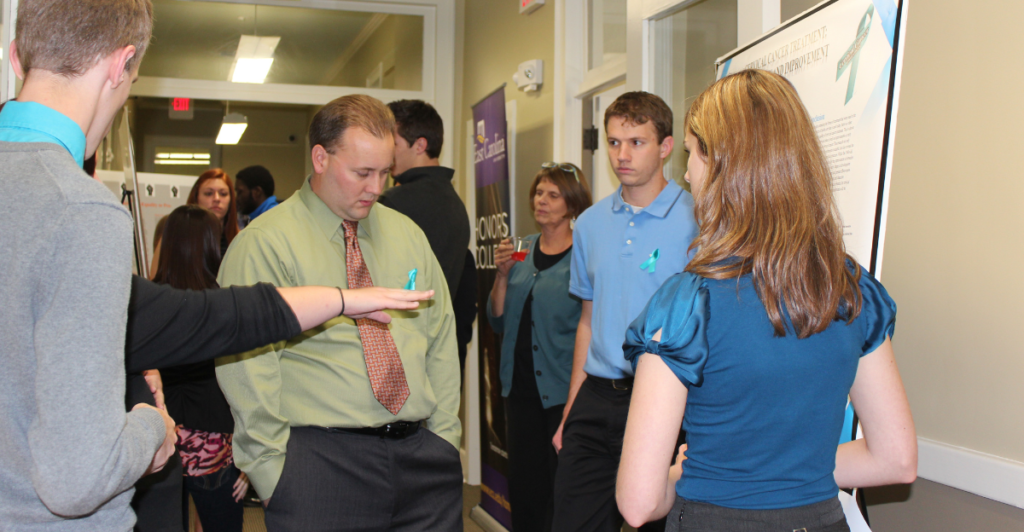
Research into wasp venom peptides isn’t limited to oncology. Scientists are exploring their potential to treat antibiotic-resistant infections and autoimmune diseases. Preliminary studies suggest that MP1 can disrupt bacterial biofilms and regulate overactive immune responses, opening the door to a new class of medications.
Addressing Environmental Concerns
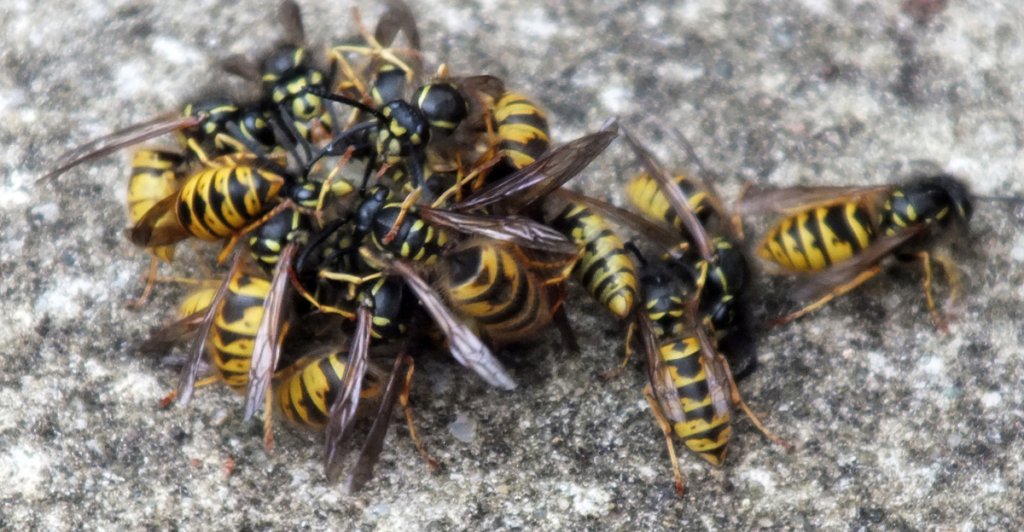
The increased focus on wasp venom has also raised concerns about the impact on wild populations. To address this, conservationists and researchers are working together to ensure sustainable practices. Synthetic production of MP1 has mitigated the need for large-scale wasp farming, protecting ecosystems while meeting medical demands.
Challenges Ahead
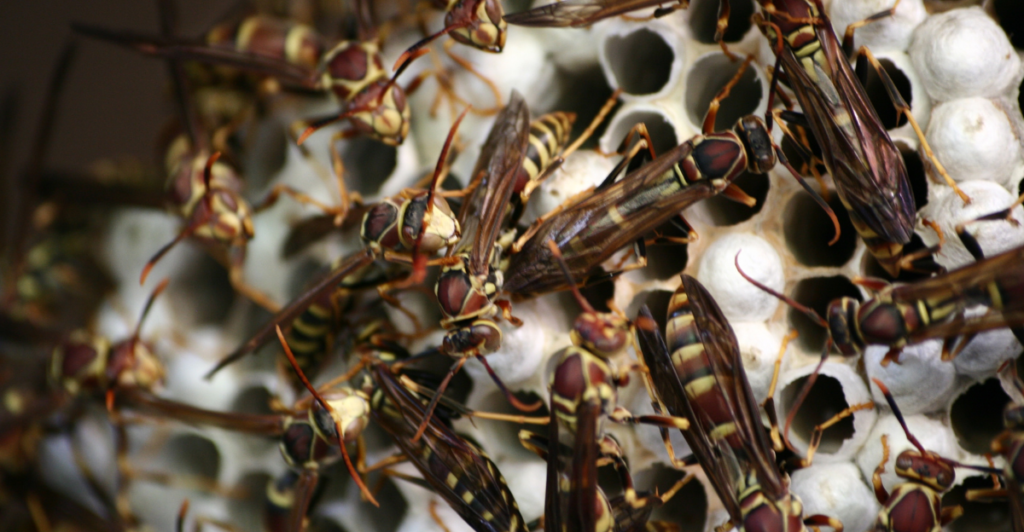
Despite its promise, wasp venom therapy faces challenges, including long-term safety evaluations and regulatory hurdles. The FDA has fast-tracked approval for MP1-based treatments, but extensive monitoring is required to ensure their efficacy and safety over time.
The Economic Impact
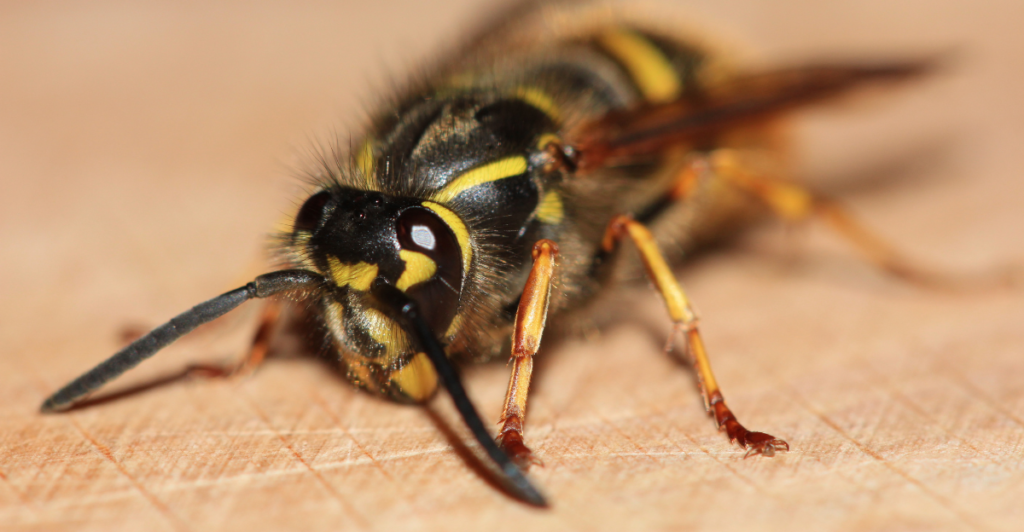
The rise of wasp venom-based therapies is transforming the biotech industry. In 2024, investments in venom research reached a record $3 billion, according to a report by BioTech Insights. This surge has created thousands of jobs and positioned the U.S. as a leader in venom-based medicine.
A Sting That Saves Lives
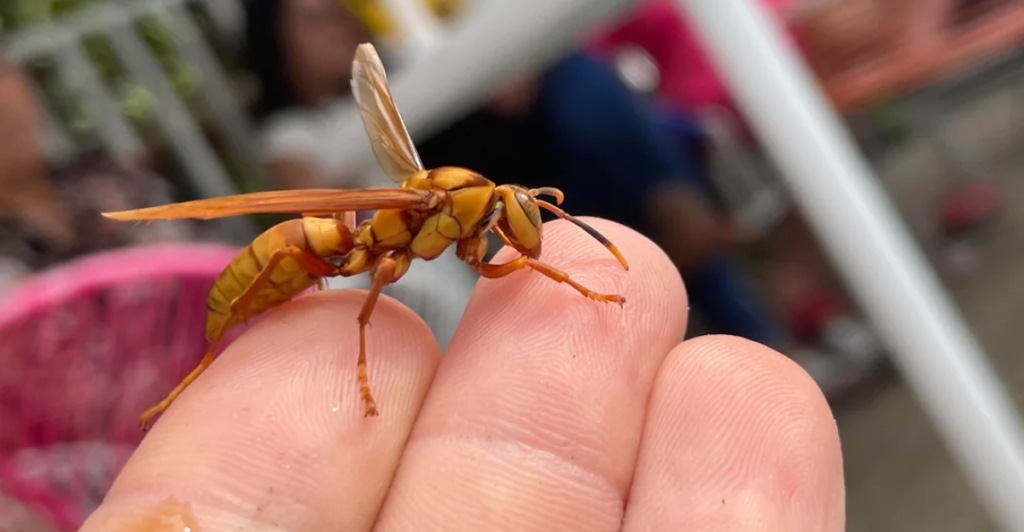
Wasp venom therapies represent a bold step forward in the fight against cancer. With their targeted action, reduced side effects, and growing accessibility, these treatments are reshaping the landscape of oncology in 2024. As research continues, the potential applications of venom peptides extend far beyond cancer, offering a glimpse into a future where even nature’s most feared creatures can become allies in healing.
Stay connected with us for more stories like this! Follow us to get the latest updates or hit the Follow button at the top of this article, and let us know what you think by leaving your feedback below. We’d love to hear from you!







